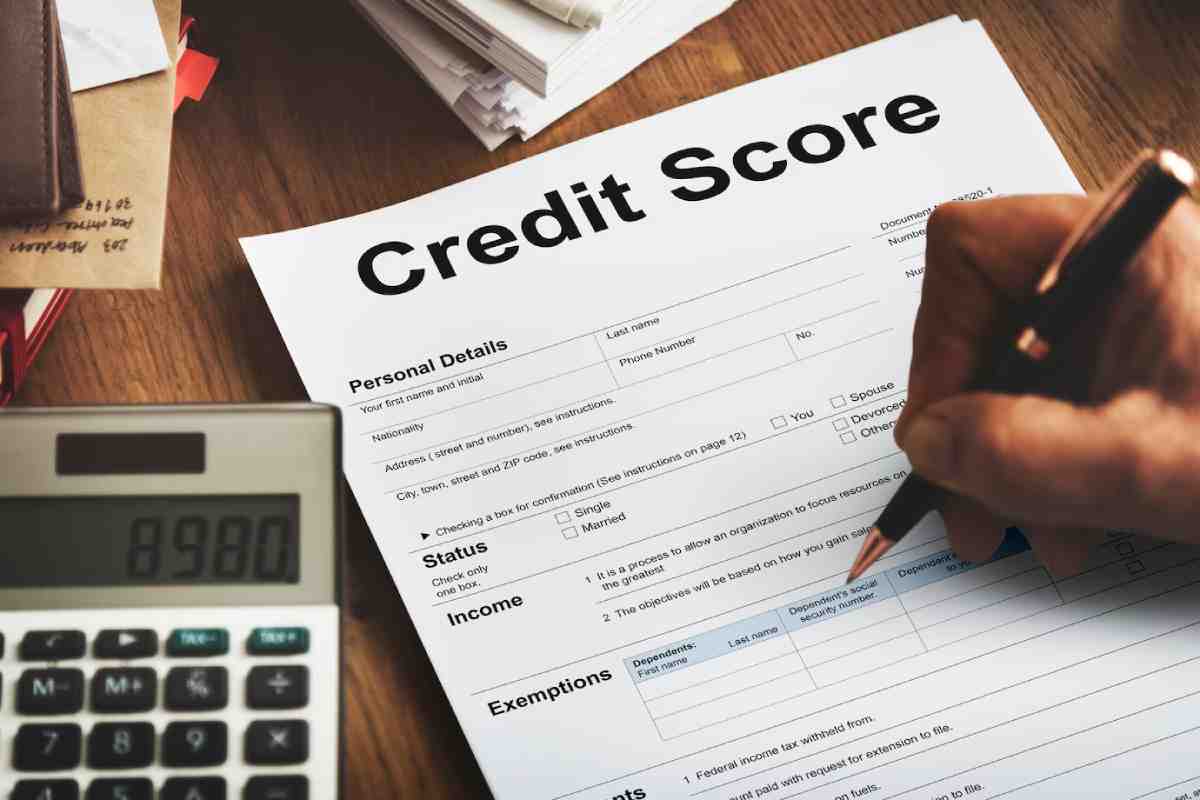
How to Improve Your Credit Score Quickly
A solid credit score is imperative for obtaining loans, better interest rates, and monetary well-being. Whether you’re applying for a mortgage, a car loan, or even a new credit card, your credit score is a key factor in your eligibility and interest rates. If your credit score is low, follow the best advice to improve your credit score immediately. This resource contains tried & tested ways for fast increases in your score that lead to financial success and greater financial freedom.
Why Your Credit Score Matters

A strong credit score is more than just a number; it influences various aspects of financial well-being:
- Affects loan approvals and interest rates: Lenders use your credit score to decide if you’re eligible for credit and what interest rate. The higher your score, the better your terms and lower rate, and the more money you save over time.
- Impacts rental applications and job opportunities: In deciding whether to accept a rental application or hire someone, many landlords and employers check credit scores. A good score indicates financial responsibility — an advantage when applying for an apartment or, in some cases, a job.
- Establishes financial credibility: A higher credit score improves your chances of getting approved for financial opportunities, including better credit card offers with rewards and benefits.
- Determines financial credibility: A higher credit score improves your chances of getting approved for financial opportunities, including better credit card offers with rewards and benefits.
Steps to Improve Your Credit Score Quickly

1. Check Your Credit Report for Errors
Errors in your credit report can lower your credit score unfairly. Even small inaccuracies, such as incorrect account balances or mistaken late payments, can hurt your financial health. Follow these steps:
- Obtain a free credit report from agencies like Experian, Equifax, or TransUnion. In the U.S., you’re entitled to one free report per agency every year through AnnualCreditReport.com.
- Review your credit report carefully for any inaccuracies, such as incorrect personal details, accounts you didn’t open, or payment errors.
- Dispute any errors with the respective credit bureau. Correcting mistakes can result in a quick credit score improvement and remove negative marks from your report.
2. Pay Your Bills on Time
Payment history makes up about 35% of your credit score, making it the most influential factor. Late payments can stay on your report for up to seven years, significantly impacting your creditworthiness. Here’s how to stay on top of payments:
- Keep in mind that just one missed payment can affect credit score improvement. Making consistent payments on time is very important for improving your credit score.
- Set up reminders, whether via calendar alerts, budgeting apps, or bank notifications, so bills are paid on time.
- Take advantage of and automate payments for necessary bills like loans, utilities and credit cards to avoid late fees and other penalties.
- If you’ve skipped a payment, settle it as soon as you can. Some do grant a grace period before reporting to credit bureaus.
3. Reduce Your Credit Utilisation Ratio
Your credit utilisation ratio refers to the percentage of your available credit that you are using. It accounts for approximately 30% of your credit score, so keeping it low is crucial:
- Credit card balances of less than 30% of your credit limit show responsible usage.
- Try to use under 10% of your available credit for optimal credit score improvement.
- Take care of any high-interest debt first to free up as much available credit as possible and to ease your financial burden.
- Ask for a credit limit increase if your budget permits, but don’t max out your new limit.
- Pay off balances before the billing cycle ends to keep your reported utilisation ratio low.
4. Avoid Opening Too Many New Accounts at Once
While having multiple lines of credit can help diversify your credit mix, opening too many accounts within a short period can be detrimental:
- Hard inquiries from multiple applications can temporarily lower your credit score.
- Lenders may view excessive applications as a sign of financial instability.
- Space out new credit applications by several months to avoid negatively impacting your credit score.
- Consider applying for new credit only when necessary and focus on maintaining existing accounts responsibly.
5. Become an Authorized User on a Good Account
Being added as an authorised user on a responsible person’s credit card can boost your credit score without applying for new credit. Here’s how it works:
- Choose an account with a strong payment history, low balance, and long credit history.
- The primary cardholder’s positive payment history gets added to your credit report, helping improve your score.
- This strategy helps improve your credit score without requiring you to open a new credit card or take on additional debt.
- Ensure the primary account holder manages their account well, as any negative marks will also reflect on your report.
6. Pay Off Past-Due Debts and Negotiate with Creditors
If you have outstanding debts, addressing them proactively can significantly impact your credit score:
- Prioritise paying off any past-due balances first, as they have the most negative impact.
- Contact creditors to negotiate lower interest rates, payment plans, or settlements to make debt repayment more manageable.
- Consider consolidating debt through a personal loan with a lower interest rate to pay off multiple accounts more efficiently.
7. Keep Old Credit Accounts Open
The length of your credit history accounts for about 15% of your credit score, so keeping old accounts open can be beneficial:
- Closing old accounts reduces your available credit, which may increase your credit utilisation ratio.
- Older accounts with positive payment history strengthen your credit profile, even if you don’t use them regularly.
- If an old account has an annual fee and you no longer need it, consider downgrading to a no-fee option instead of closing it entirely.
8. Use Different Types of Credit
Having a mix of credit accounts, such as credit cards, auto loans, and personal loans, can positively impact your credit score:
- A diverse credit mix demonstrates your ability to manage different types of credit responsibly.
- Ensure you make timely payments across all accounts to avoid negative effects.
- Don’t open new credit just for the sake of diversification; only take on new debt when necessary.
Effective Strategies to Improve Your Credit Score Quickly

Improving your credit score takes time, but by following these steps, you can see noticeable improvements quickly. Being proactive about paying bills on time, reducing debt, and maintaining responsible credit habits will lead to long-term financial stability. Taking control of your credit score improvement today will help secure your financial future, granting you access to better financial opportunities and peace of mind. Start applying these strategies now to achieve your financial goals faster!